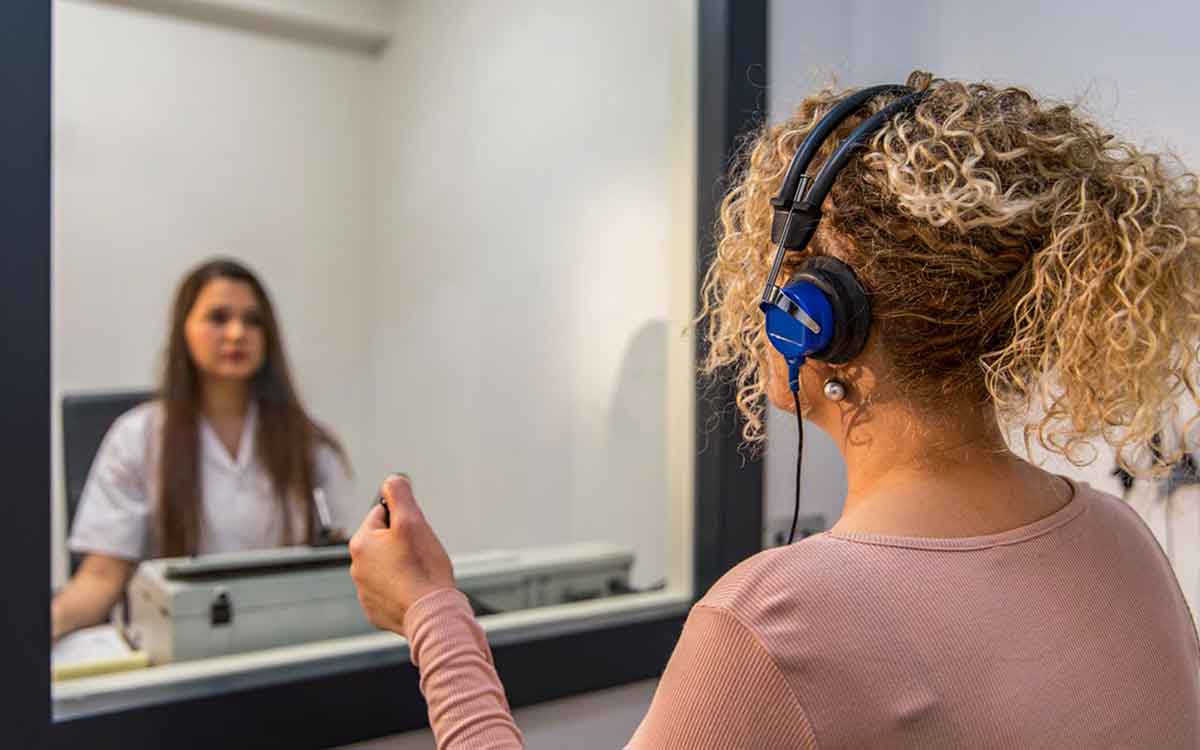
At what point should you think about having your hearing evaluated? Here are some indications you need to have your hearing checked.
Recently, my children expressed discontent with the loud volume of the TV. Do you know what I said to them? I said, “What?!” It was funny because it was a joke. But there’s nothing funny about neglected hearing loss. The television has been getting louder and louder. And I started to ponder: Should I get a hearing test?
There aren’t many good reasons not to set up a hearing exam. They are non-intrusive, they don’t involve any radiation, and you can be at ease without worries about your comfort level. Simply take a quick moment to book an appointment.
Given the significant impact that unaddressed hearing loss can have on your general well-being, it’s important to be proactive about keeping an eye on your hearing.
You should have your hearing tested if you observe these signs
If you’ve detected any recent changes that might be a sign of hearing loss, scheduling a comprehensive hearing examination with a professional is probably a smart decision. If it’s hard to hear, it likely means there’s substantial hearing impairment.
- It’s difficult to hear in noisy venues: Have you ever been to a crowded or noisy space and had difficulty keeping up with the conversation because of all the ambient noise? That might be a sign of hearing loss.
- People always seem to be speaking unclearly: The problem may not always be volume but instead definition.
- You’re always overlooking text messages: Your phone is made to be loud. So, if you’re constantly missing calls or text messages, it could be because you aren’t hearing them.
- Persistent ringing sound: A continuous sensation of ringing in your ears, knowned as tinnitus, is typically an indication of damage to your hearing.
Here are some other situations that indicate you should schedule a hearing screening:
- Your ear hasn’t opened after an infection
- Excess earwax has amassed and can’t be removed by self-cleaning methods
- Medicines you’re using might be damaging your hearing
- It is difficult to determine the source of sounds
- You have vertigo
Routine hearing assessments
Even if you’re not experiencing any noticeable symptoms, it’s still important to schedule routine hearing tests.
- It is recommended to have a baseline test carried out after reaching the age of 21.
- For individuals with typical hearing, it’s advised to have a hearing test every three years.
- If you show signs of hearing loss, have it checked right away and then every year after that.
Regular screenings can help you detect hearing loss before any red flags appear. Early expert attention can substantially increase your chances of preserving healthy hearing over time. So you should decrease the volume on your television and consider setting up a hearing evaluation.